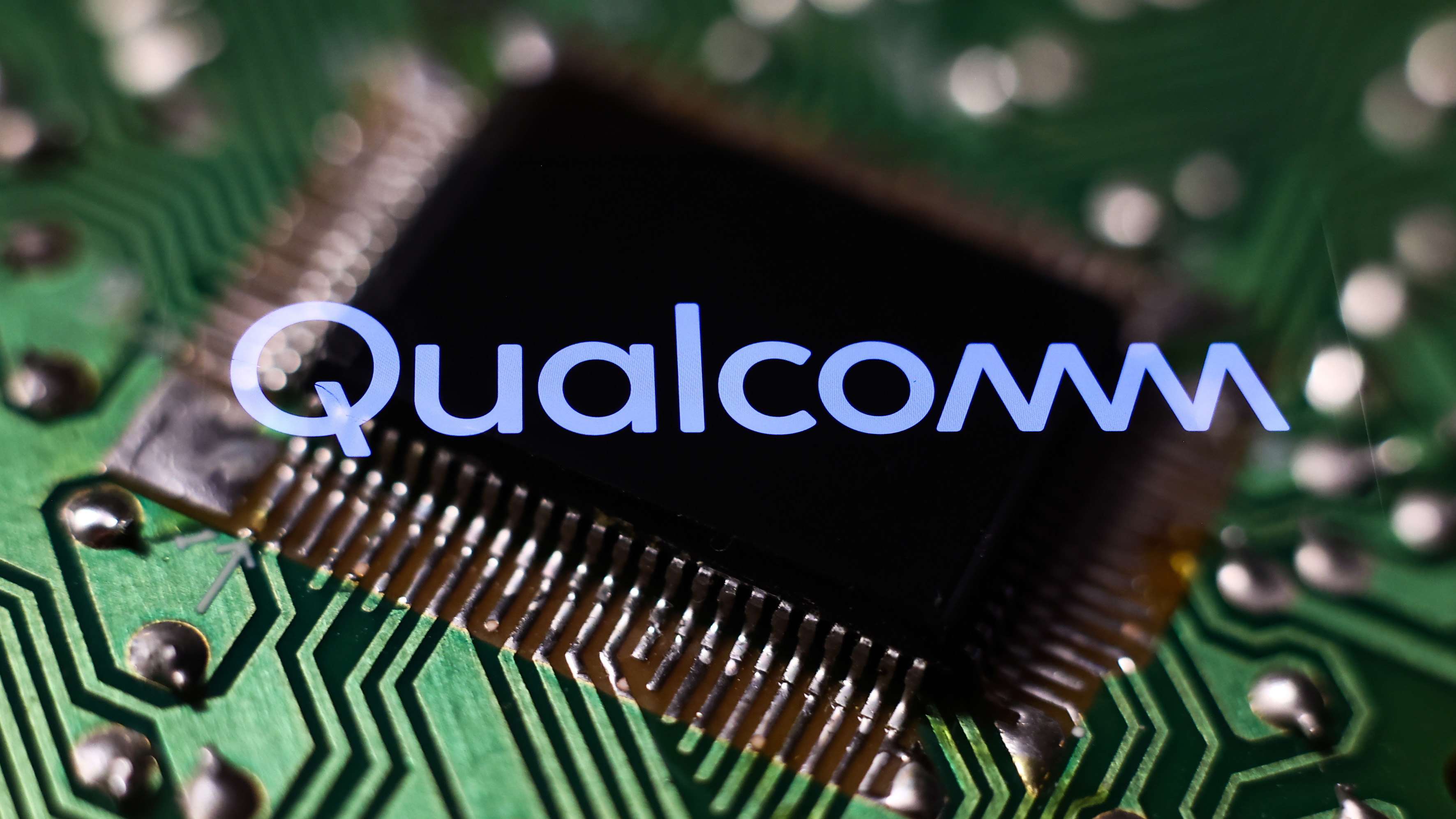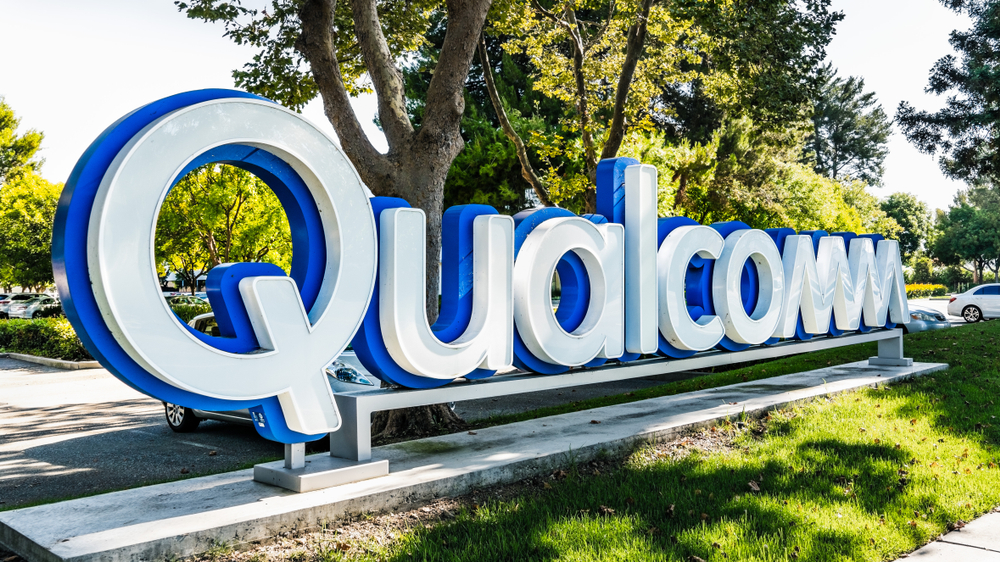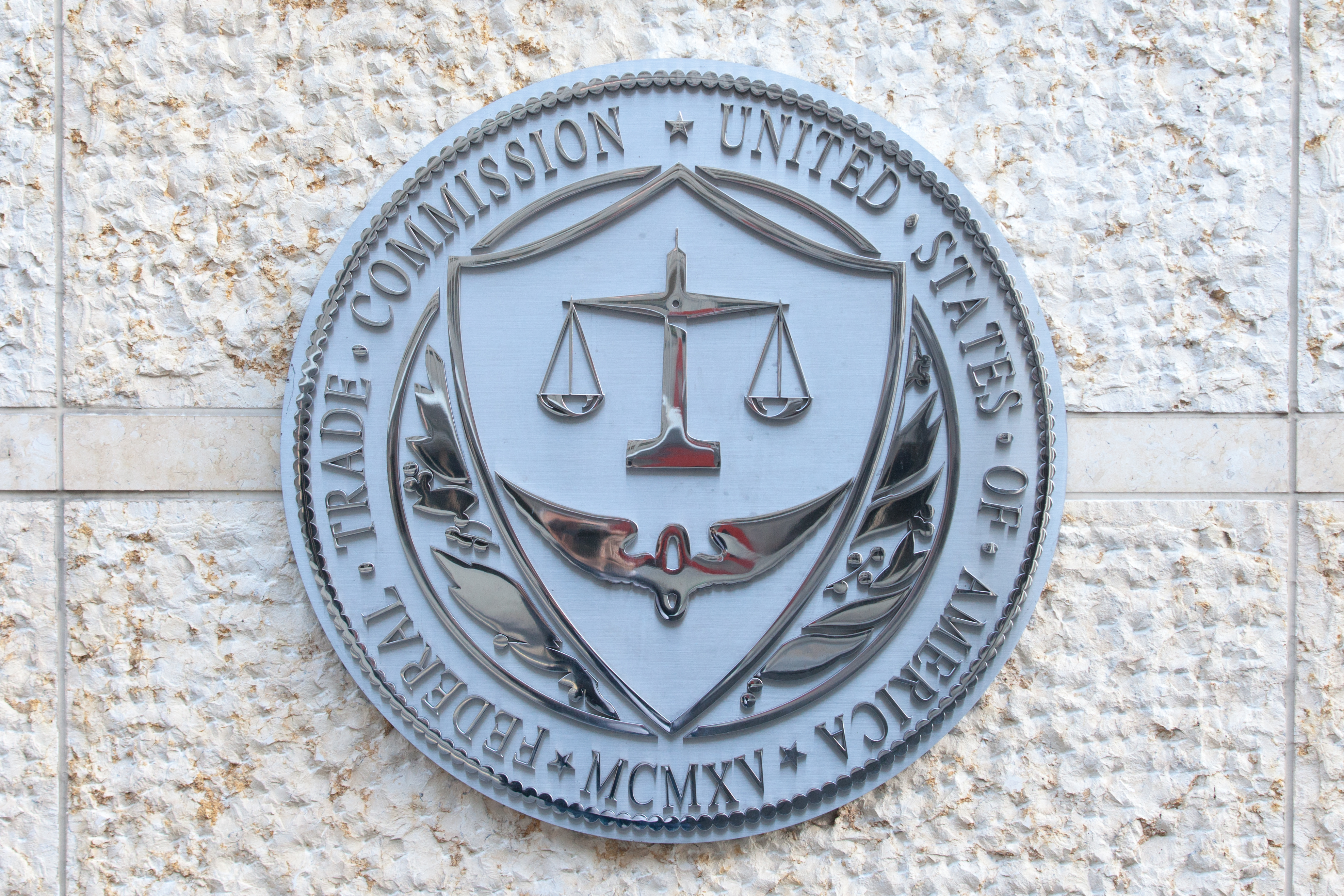Qualcomm hit with $774m fine in yet another antitrust case
Taiwan's Fair Trade Commission argued its practices broke competition laws

Qualcomm has been fined almost $774 million (584m) by Taiwan's Fair Trade Commission, after it ruled the company had abused its dominant position in the smartphone modem market by unfairly bumping up its licensing fees.
The ruling is yet another legal challenge against the US chip maker and its anti-competitive practices, having already received fines in China and South Korea. The company is also battling an ongoing lawsuit brought by Apple, which claims Qualcomm attempted to squeeze existing contracts for better terms, knowing that Apple was reliant on its modems.
Taiwan's FTC argued that because of Qualcomm's tight grip on the market, particularly in the manufacture of CDMA, LTE modem chips, and associated patents, the company was able to force customers in the region to agree to unfavourable terms, including exclusivity deals that shut out chip competitors.
These practices were found to have been in breach of Taiwanese competition laws, leading to a hefty fine of $23.4 billion Taiwan dollars.
Qualcomm disagrees with the ruling, adding that it would appeal the decision and the fine when a formal ruling is delivered within the next few weeks.
"The fine bears no rational relationship to the amount of Qualcomm's revenues or activities in Taiwan, and Qualcomm will appeal the amount of the fine and the method used to calculate it," said Qualcomm, in a statement on Wednesday.
The California-based chip designer has enjoyed a dominant position within the smartphone hardware market, largely thanks to its LTE modems and Snapdragon processor range which are used in many of the leading flagship devices on the market.
Get the ITPro daily newsletter
Sign up today and you will receive a free copy of our Future Focus 2025 report - the leading guidance on AI, cybersecurity and other IT challenges as per 700+ senior executives
However, the company has faced challenges over anti-competitive practices over the past few years as it was seen to exploit its position. In 2015 China hit the company with a $975 million fine after a 14 month investigation ruled it had unfairly raised the royalty rates for local companies using Qualcomm products.
A year later, the company faced an almost identical antitrust probe in South Korea, where authorities ruled it had forced companies to pay royalties for an unnecessarily wide range of patents, as part of a deal to supply modem chips. As a result, Qualcomm was fined $854 million, South Korea's largest ever levy brought against a company.
Most recently Qualcomm has fallen foul of Apple, one of its largest customers. The two US companies have fought a back and forth legal battle over the past year, in which Apple claims Qualcomm violated contract terms and failed to license its products on a fair, reasonable and nondiscriminatory (FRAND) basis.
Apple indirectly pays royalties to Qualcomm through its contract with manufacturers, although these payments are supposed to be reimbursed, something that Qualcomm stopped doing in 2016. Following lawsuits and counter lawsuits, including attempts by Qualcomm to get the iPhone banned in the US, Apple has since turned to Intel to supply modem chips for its new phones, resulting in a 13% drop in Qualcomm's market share last year.
And to make matters worse, there has also been talk of a potential revolt among its investors, as according to a filing made in May seen by the Register, there are a number of shareholders that are unsurprisingly unhappy with the company's constant legal battles and underwhelming financial results.
PhotobyCoolcaesar / CC BY 2.0
Dale Walker is a contributor specializing in cybersecurity, data protection, and IT regulations. He was the former managing editor at ITPro, as well as its sibling sites CloudPro and ChannelPro. He spent a number of years reporting for ITPro from numerous domestic and international events, including IBM, Red Hat, Google, and has been a regular reporter for Microsoft's various yearly showcases, including Ignite.
-
 Should AI PCs be part of your next hardware refresh?
Should AI PCs be part of your next hardware refresh?AI PCs are fast becoming a business staple and a surefire way to future-proof your business
By Bobby Hellard Published
-
 Westcon-Comstor and Vectra AI launch brace of new channel initiatives
Westcon-Comstor and Vectra AI launch brace of new channel initiativesNews Westcon-Comstor and Vectra AI have announced the launch of two new channel growth initiatives focused on the managed security service provider (MSSP) space and AWS Marketplace.
By Daniel Todd Published
-
 Qualcomm warns of Q4 job cuts as earnings indicate underperformance
Qualcomm warns of Q4 job cuts as earnings indicate underperformanceNews The firm’s net income cratered across its third quarter, with the handset market remaining slow
By Rory Bathgate Published
-
 Qualcomm targets net zero emissions by 2040
Qualcomm targets net zero emissions by 2040News The firm plans to meet its sustainability target through three long-term goals
By Praharsha Anand Published
-
 FTC abandons Qualcomm antitrust case
FTC abandons Qualcomm antitrust caseNews Commission gives up on appeal over aggressive licensing claims
By Danny Bradbury Published
-
 Qualcomm and Broadcom in WCDMA patent spat
Qualcomm and Broadcom in WCDMA patent spatNews The two chip makers are fighting it out in an American appeals court over royalties Broadcom says Qualcomm owes it for phone chip tech.
By ITPro Published